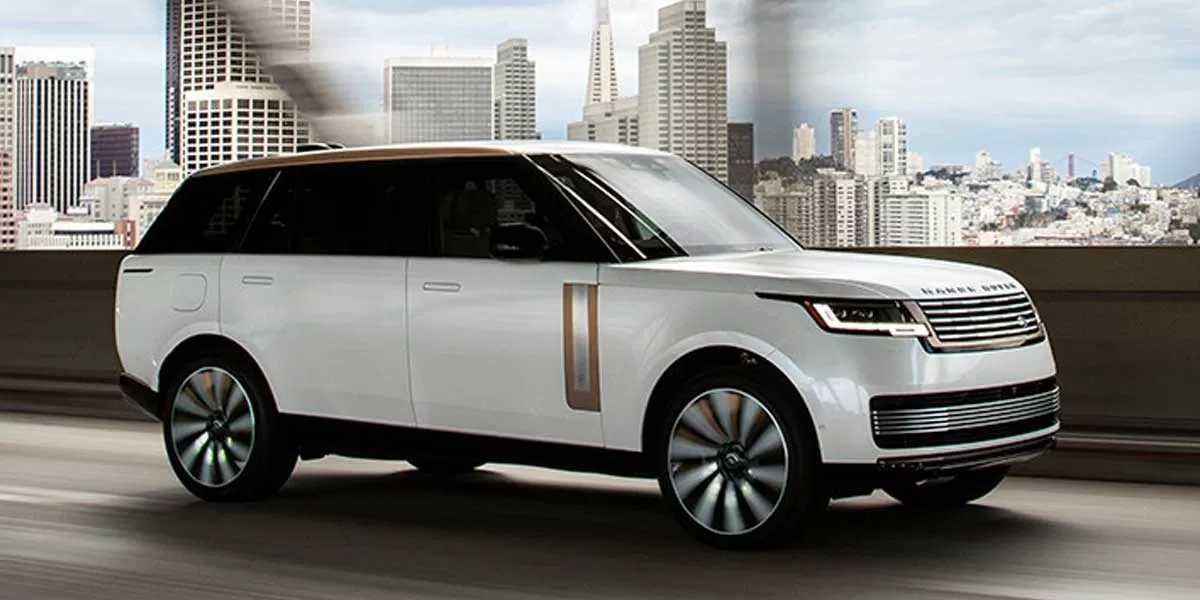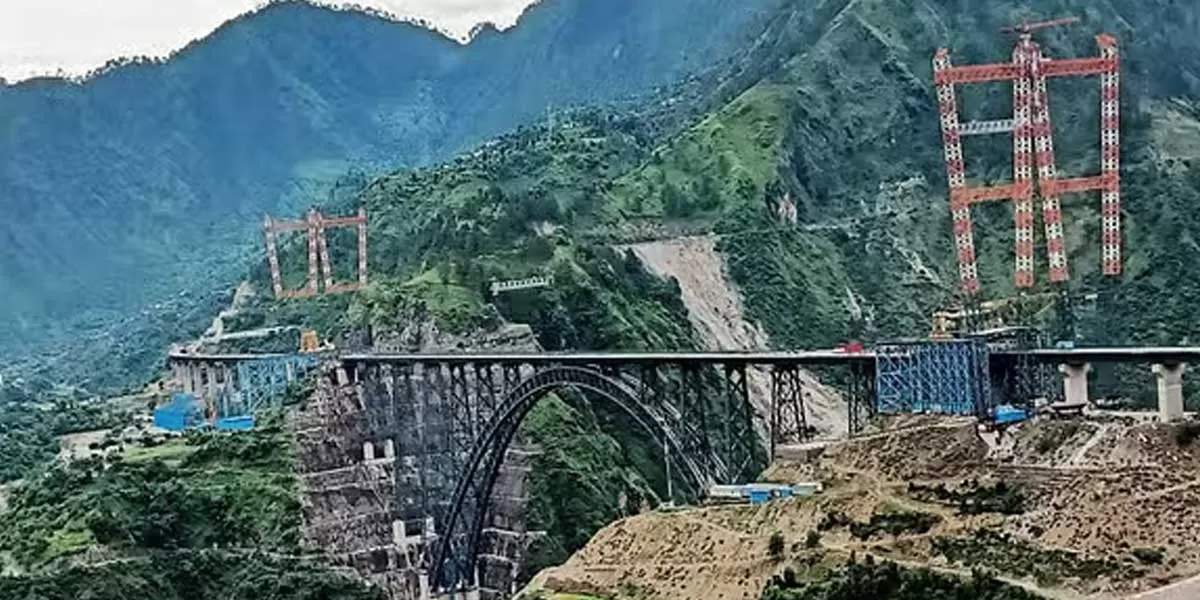
Redefine the future of urban mobility! Join us at the Metro Rail Conference 2025 to explore groundbreaking ideas and insights. 👉 Register today!

Minda to Buy 49% Stake in Flash Electronics
Minda Corporation announced on January 15, 2025, that it will acquire a 49 per cent stake in Flash Electronics for Rs 13.72 billion. This partnership aims to expand the product offerings of both companies by combining their existing portfolios to create a comprehensive range of electric vehicle (EV) solutions. Minda will acquire the 49 per cent equity stake for the stated amount, marking a significant step in its strategy to strengthen its position in the EV sector.""This partnership is a perfect fit for our long-term goals and will create substantial value for our customers and shareholders,"..

RailMin Clarifies Misunderstanding Regarding Madurai-Tuticorin Project
On January 15, 2025, the Railway Ministry issued a clarification regarding comments made by Railway Minister Ashwani Kumar at a press event in Chennai on January 10. The clarification followed confusion created when Tamil Nadu Transport Minister SS Sivasankar denied claims that the state government opposed the Madurai-Tuticorin railway project.According to the ministry, the confusion arose due to background noise during the press interaction. When questioned about the Madurai-Tuticorin railway line, the minister mistakenly responded about the Dhanushkodi project instead.The Railway Ministry cl..

CRS Approves Train Operations on Katra-Reasi Section
The Commissioner for Railway Safety (CRS) has authorised the operation of regular trains on the Katra-Reasi section of the Udhampur-Srinagar-Baramulla (USRBL) rail project in Jammu and Kashmir. Trains will be permitted to operate at speeds of up to 85 km/h on normal tracks and 15 km/h on loop lines, according to reports by Dipak Dash.For security reasons, trains will only run during daylight hours between Jammu and Srinagar, with separate boarding arrangements for Srinagar-bound passengers at Katra, involving enhanced security checks. Non-stop trains from cities like Delhi to Srinagar will not..
















